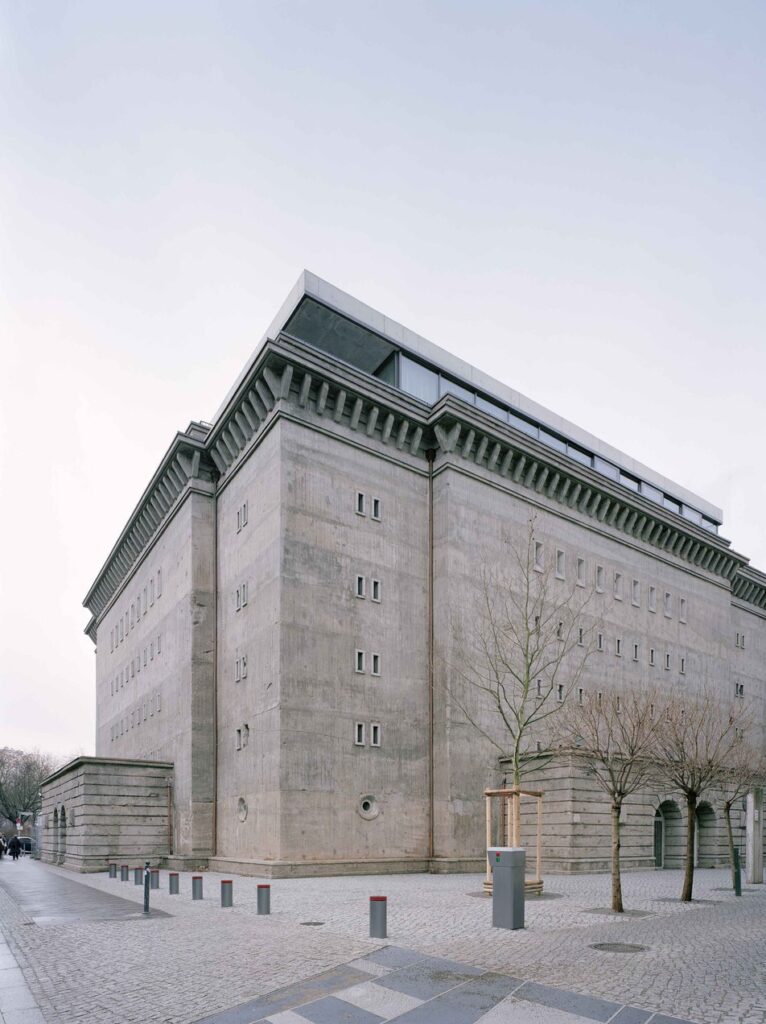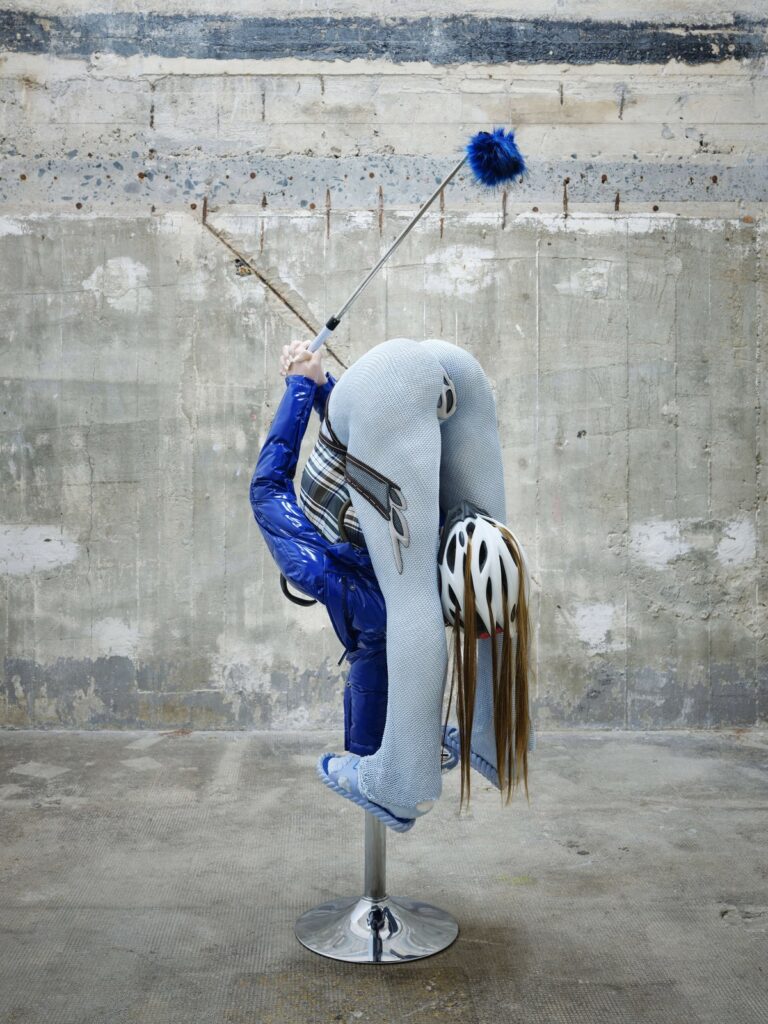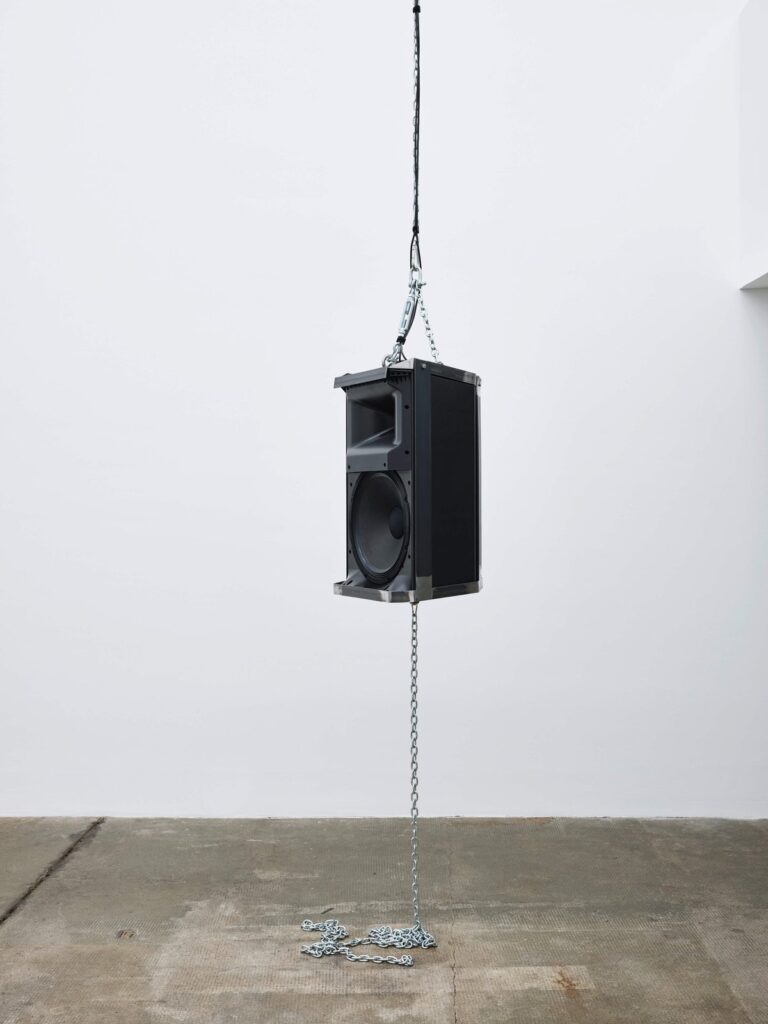5 Ultracontemporary Artists Redefining the Korean Art Landscape
The dynamic South Korean art scene is quickly becoming one of the most prominent globally, blending rich traditions with cutting-edge innovation. And...
Carlotta Mazzoli 13 January 2025
The Boros Collection, alternatively called the Bunker of Berlin, Banana Bunker, and, according to the New York Times, the “Hardest Club on Earth,” is a private art collection with a one-of-a-kind approach to contemporary art. The polysemous side of this building attests to the rich history behind it. If you are passionate about architecture, World War II history, Berlin’s nightlife, or simply contemporary art, this is the place for you.
The Bunker was built in 1941 under Nazi Germany through forced labor and originally served as a bomb shelter for visitors and workers of the Friedrichstrasse train station. Although hastily constructed during wartime, it blends design elements from Italian Renaissance palaces, which were meant to represent Germania and celebrate the anticipated Nazi victory.
It turns out World War II did not end as the Nazis pictured it. After the War, the Soviet army took over, using the Bunker as a prison. The place later became a storage under the German Democratic Republic for imported food like bananas.
Time went by; it was now 1992. The Berlin Wall went down while club culture surged. This historical construct turned into one of the world’s wildest techno clubs, with people partying all over on the five floors to gabber, trance, and hardcore music. It is hard to pinpoint how intense was those nights. Just take a look at the walls of the dark rooms during your visit, and notice the degradation of the paint caused by the partygoers’ sweat. The club’s closure in 1996 also marked a pivotal point for techno culture, as the protest against the decision started the first techno parade.

The Bunker exterior view, Berlin, Germany. Boros Collection, Berlin © NOSHE.
When Karen and Christian Boros visited this building in the mid-2000s to display their contemporary art collection, they fell in love with it. Fortunately for us, the couple made the most of its legacy during the renovation process. Their emphasis on preservation and utility formed a distinct image for the exhibition space. Every room here is made special, with each artwork placed in the one that will complement it the most.
The current collection hosts a vast body of artworks created in every possible medium and technique. They are from 27 artists, most of them based in Berlin. To see the collection, you must book a guided tour. Appointments for a visit are made in advance (sometimes even two weeks). The tour will provide you with all the essentials about the exhibits and their contexts. Visitors will have an immersive experience that will surely amaze even the harshest contemporary art skeptics. Below is a taste of what it could be like.
Created by French artist Cyprien Gaillard, this artwork conjoins two polar opposites: a backhoe bucket crossed through by parallel bars of yellow onyx from Utah. By bridging a device for demolition with healing talismans, the artist exposes the dualism of our value system regarding nature. The latter comes across to us as something we are a part of, and at the same time, something we should conquer. The contradiction between construction and destruction is a recurrent theme in Gaillard’s art. Here, he attempts to show them as two facets of a single process, and thus, foreground the idea that one needs to destroy to start anew.
Featured below is the second of Anna Uddenberg’s five sculptures on view, which offers a glimpse into a paradox within female bodies through an almost figurative approach. All five sculptures, positioned uncomfortably, combine to illustrate the absurd pressure imposed on women’s body image, especially when it comes to sexual attractiveness. Uddenberg dresses her sculptures in cheap replicas from high-fashion brands. This gesture is a vitriolic attack on our obsession with physical appearances, social media, luxury, and ultimately, consumerism.

Anna Uddenberg, FOCUS #2 (pussy padding), 2018. Boros Collection, Berlin © NOSHE.
As one of the first works you encounter during the visit, the collaboration between Anne Imhof and her partner, Eliza Douglas, is the only sound installation within the exhibition. It is an amplifier playing the sound of church bells, which becomes distorted over time. With the sound going from completely mute to unbearably loud, the installation’s presence resonates across the floors of the Bunker, as if it is the glue that keeps the collection together.

Eliza Douglas, Anne Imhof, Bell, 2021. Boros Collection, Berlin © NOSHE.
DailyArt Magazine needs your support. Every contribution, however big or small, is very valuable for our future. Thanks to it, we will be able to sustain and grow the Magazine. Thank you for your help!